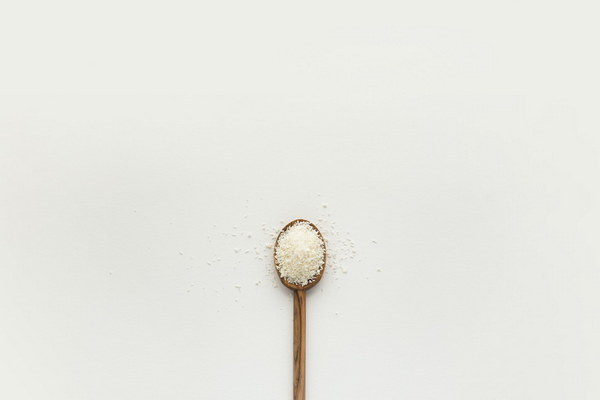Revitalizing IBS Discover the Power of Herbal Remedies for Intestinal Health
Introduction:
Irritable Bowel Syndrome (IBS) is a common gastrointestinal disorder that affects millions of people worldwide. Characterized by symptoms such as abdominal pain, bloating, and changes in bowel habits, IBS can significantly impact a person's quality of life. While conventional medications may offer temporary relief, many individuals are seeking natural alternatives to manage their symptoms. One such option is the use of herbal remedies, specifically those designed to nourish and support the intestinal tract. This article explores the benefits of herbal treatments for IBS and how they can help revitalize your intestinal health.
1. Understanding IBS:
Irritable Bowel Syndrome is a functional disorder that affects the large intestine. It is not caused by any structural or biochemical abnormality, but rather by a disruption in the balance of the gut microbiome and an increased sensitivity of the gut lining. This can lead to symptoms such as abdominal pain, diarrhea, constipation, bloating, and changes in bowel habits.
2. The Role of Herbal Remedies:
Herbal remedies have been used for centuries to treat various ailments, including gastrointestinal disorders. These natural treatments work by addressing the root cause of the problem, rather than just masking the symptoms. Many herbs have been shown to have beneficial properties that can help nourish and support the intestinal tract, thus alleviating IBS symptoms.
3. Top Herbal Remedies for IBS:
a) Peppermint Oil: Peppermint oil is a popular natural remedy for IBS, as it helps to relax the smooth muscles of the digestive tract and reduce inflammation. It can be taken in the form of capsules or as a tea.
b) Fennel Seed: Fennel seed is known for its carminative properties, which help to reduce bloating and gas. It can be consumed as a tea or in supplement form.
c) Aloe Vera: Aloe vera has been used for centuries to treat various digestive issues, including IBS. It helps to soothe the gut lining and promote healing.
d) Licorice Root: Licorice root has anti-inflammatory and immune-boosting properties, which can help reduce IBS symptoms. It can be taken as a tea or in supplement form.
e) Ginger: Ginger is a powerful digestive aid that can help to relieve nausea, bloating, and abdominal pain. It can be consumed as a tea or in supplement form.
4. Combining Herbal Remedies with Lifestyle Changes:
While herbal remedies can be beneficial for managing IBS symptoms, it is essential to combine them with lifestyle changes. These include:
a) Eating a balanced diet rich in fiber and low in FODMAPs (fermentable oligosaccharides, disaccharides, monosaccharides, and polyols).
b) Regular exercise to improve gut motility and reduce stress.
c) Stress management techniques, such as meditation, deep breathing exercises, and yoga.
5. Safety and Considerations:
Before starting any herbal treatment for IBS, it is crucial to consult with a healthcare professional, as some herbs may interact with medications or have contraindications. Additionally, pregnant or breastfeeding women should avoid certain herbs altogether.

Conclusion:
Herbal remedies offer a natural and effective way to manage IBS symptoms and revitalize intestinal health. By incorporating these natural treatments into your lifestyle, you can achieve long-term relief from the discomfort associated with IBS. Remember to consult with a healthcare professional before starting any new treatment, and always prioritize your overall health and well-being.









